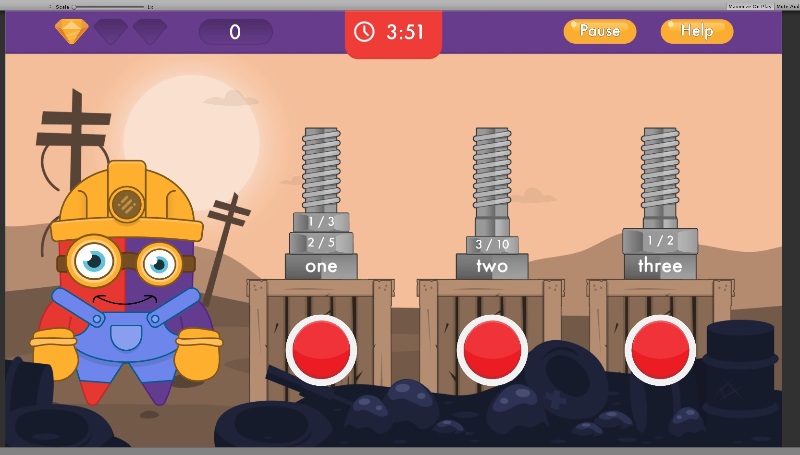News | Monday, 25th September 2017
Online educational game portal helps children learn as they play
Emile created by university lecturers and local business
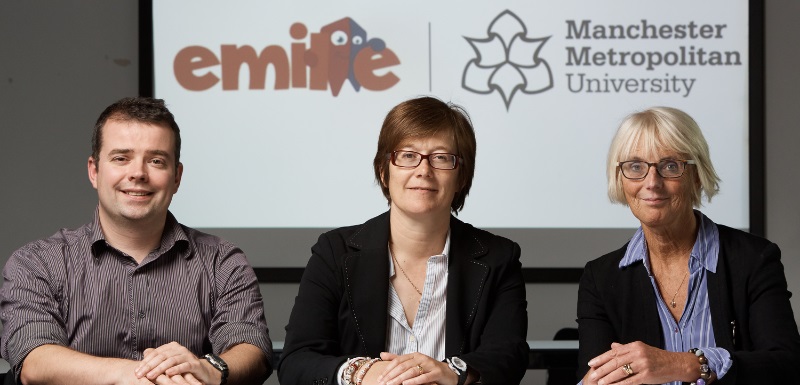
Children will be able to learn as they play with a new online games portal developed by university education specialists and a company supplying web-based resources to primary schools.
The platform, Emile, provides more than 200 games that draw on the national curriculum to captivate its target audience of pupils aged between six and nine.
The games were developed based on a teaching approach called Content and Language Integrated Learning (CLIL) that makes the subject content – in this case mathematics - the driving force behind successful learning rather than the second language being taught, such as English or French.
Emile has been produced through a partnership between Cyber Coach, a Bolton-based educational resource provider, and academics from Manchester Metropolitan University’s Faculty of Education assisted by the University’s Department of Computing and Mathematics.
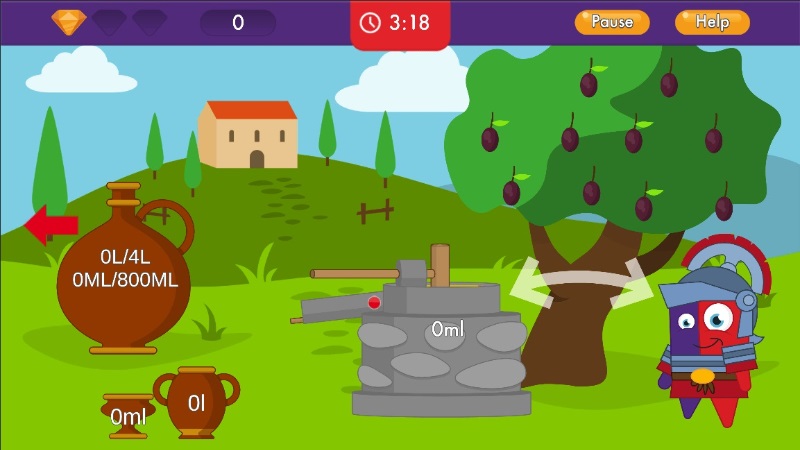
Excitement and interest
Sarah Lister, Senior Lecturer in Primary Modern Foreign Languages, said: “Initial feedback from both teachers and children indicates there is a lot of excitement and interest in what we are trying to achieve.
“Game based learning is one of the few contexts where it is acceptable for children to make mistakes and learn from this in a non-threatening environment.
“A significant benefit of contextualising learning within computer games is the potential for learners to revisit subject content and opportunities for repetition of language.
“Children have commented on the fun element as well as the fact that the games make them think.
“Early observations of the children engaging with the games highlight their potential to boost learners’ motivation and engagement from both a mathematical and linguistic perspective.”
Game based learning is one of the few contexts where it is acceptable for children to make mistakes
Bold cartoon graphics
Each interactive Emile game features bold, colourful graphics and an easy-to-use interface with plenty of instructions and audio explanations for young minds, which can be used in the classroom or at home.
The challenging games, starring a cartoon character called Emile, each feature four levels of development, covering subjects such as geometry, statistics and fractions.
Teachers can view the progress of individual pupils and download complementary lesson plans.
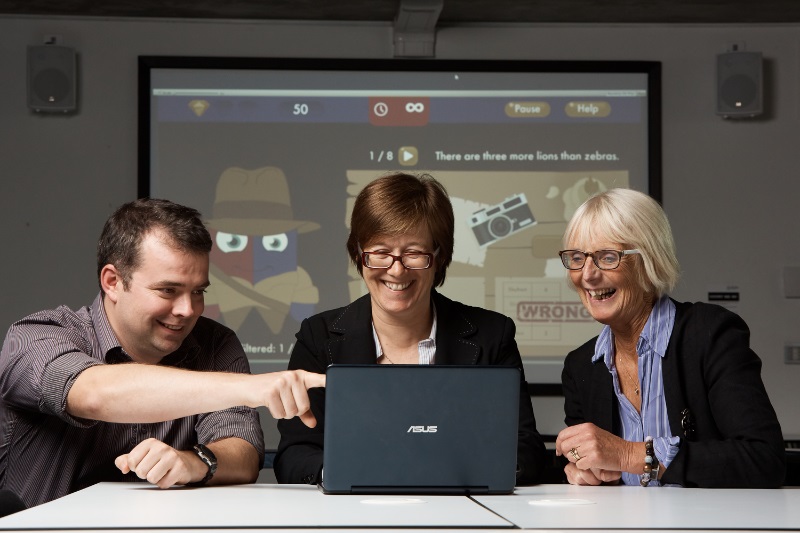
Cutting-edge, fun product
Glen Jones, founder and managing director of Cyber Coach, said: “We are incredibly excited to be involved with the development and release of Emile into schools.
“The games are incredibly fun and engaging without losing the learning focus. Our cutting edge educational approach will help teachers around the world.
“We have previously supplied products to more than 15% of primary schools in the UK and Ireland and expect Emile to comfortably exceed this total.”
Emile is available as a subscription-based platform for schools and will be launched on September 28 at the Digital Play and Learning in Schools conference at Manchester Metropolitan University.
South America and Asia launches
The game is going to be launched in South America as part of a Department for International Trade mission and at the BETT Latin America educational technology summit in October while a version for the Far East will be launched by March next year.
Pauline Palmer, Senior Lecturer in Primary Mathematics, said: “We anticipate that the existing range of games in English have the potential to ‘narrow the gap’ for children with English as an additional language both in terms of their mathematical understanding and their ability to engage with and articulate their understanding in English.
“It is envisaged that the current suite of games will be available in French in early 2018.
“Further possible developments include extending the range of games to cover the big ideas in mathematics for children in Year 5 and Year 6.”
The project received funding as a Knowledge Transfer Partnership from Innovate UK in 2015 and has also received funding from Creative England, the Regional Growth Fund and Goldman Sachs’ 10,000 Small Businesses investment programme for entrepreneurs.
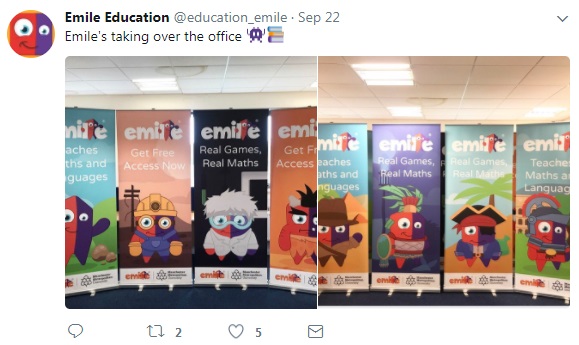
Altering the way learners think
Pauline Palmer said: “Research suggests that CLIL has the potential to fundamentally alter the way learners think, process and articulate their knowledge and understanding of their learning
“In addition, CLIL has also been found to have significant benefits for learners’ first language development and use, as it offers opportunities for learners to think about and develop how they communicate in general.
“This approach to content and language teaching has significant benefits in enabling children to make connections in their learning.”

